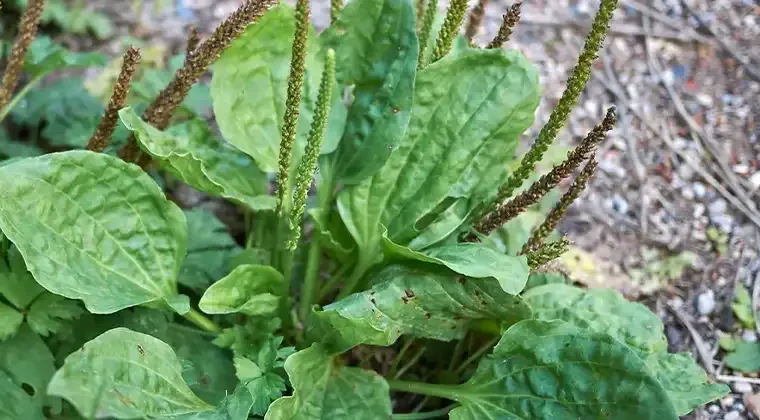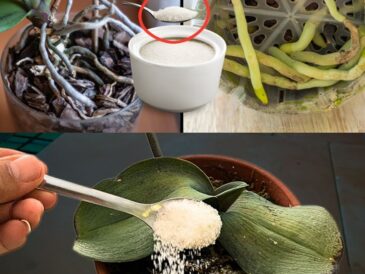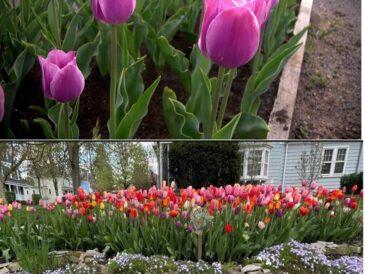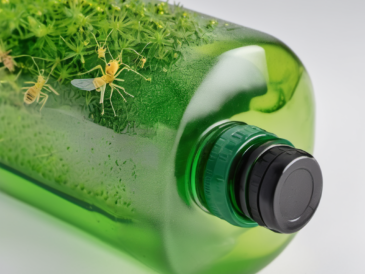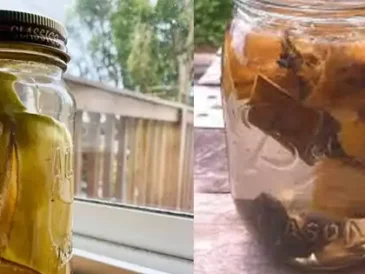Safety Precautions:
Broadleaf plantain is generally considered safe for most people when used appropriately. However, there are a few precautions to consider:
- Allergies: As with any herb, some individuals may experience allergic reactions to plantain. It’s important to test a small area of skin before using it extensively.
- Interactions with Medications: Plantain may interact with certain medications, particularly blood thinners. Consult your doctor before using plantain if you are taking any medication.
- Pregnancy and Breastfeeding: There is limited research on the safety of plantain during pregnancy and breastfeeding. It’s best to avoid using it during these periods.
Cultivating Broadleaf Plantain:
If you wish to cultivate your own plantain, it’s surprisingly easy to grow. This adaptable herb thrives in a variety of conditions:
- Sunlight: Plantain prefers full sun to partial shade.
- Soil: It grows well in well-drained soil but can tolerate a range of soil types.
- Propagation: Plantain can be easily propagated from seeds or by dividing existing plants.
Conclusion:
Broadleaf plantain, a humble weed with a wealth of healing properties, offers a natural and effective alternative for treating a variety of ailments. Its anti-inflammatory, antimicrobial, and soothing properties make it a valuable addition to any natural medicine cabinet. By understanding its benefits and uses, you can harness the power of this unassuming herb to promote overall health and well-being.
